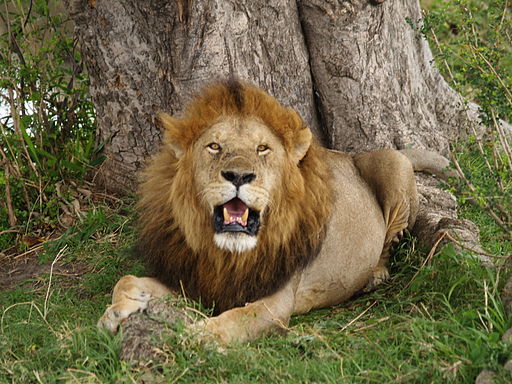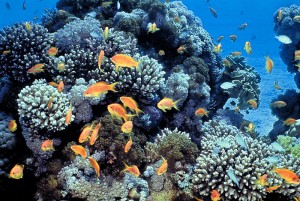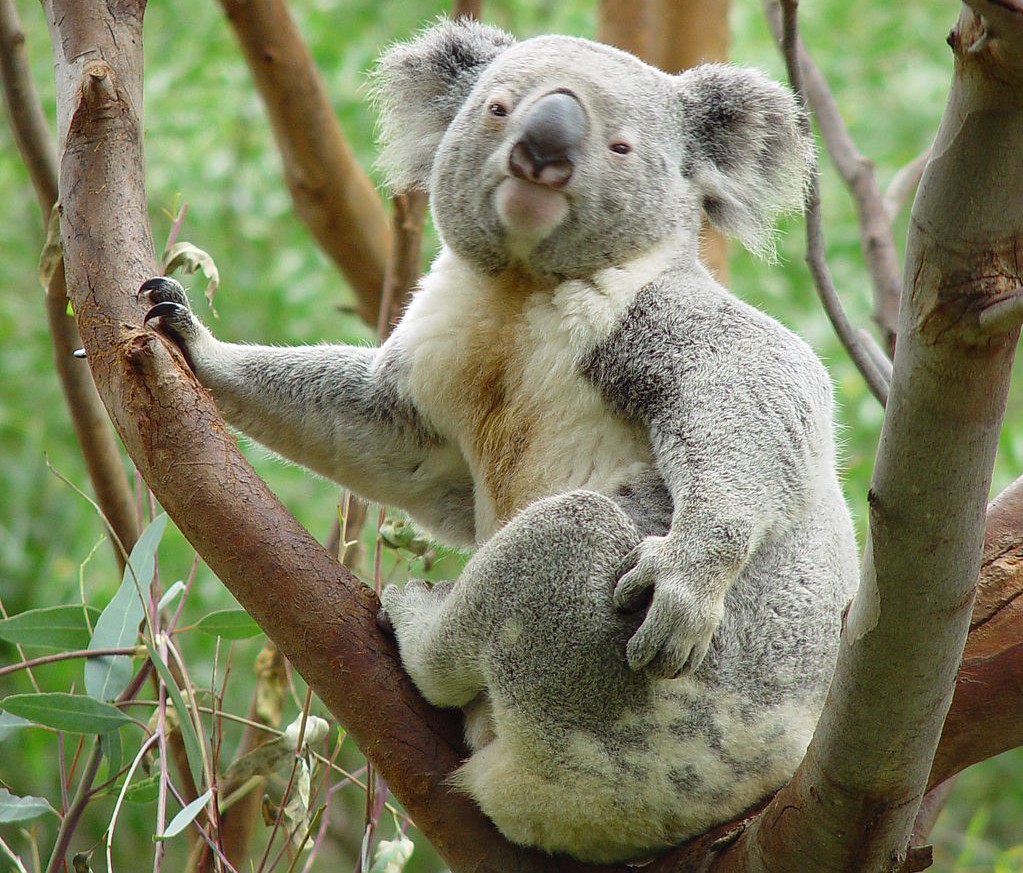Studies Reveal Extent of Human Threat to Lions
Two new studies highlight the threats posed to lions by human activity, including trophy hunting.
 Image: By Sumit.pamnani at English Wikipedia [Public domain], via Wikimedia Commons
Image: By Sumit.pamnani at English Wikipedia [Public domain], via Wikimedia Commons Two new studies have highlighted the threat to lions by human activity, including trophy hunting. Both studies were led by scientists at Oxford University, and used data on lion populations in Hwange National Park in Zimbabwe – home of Cecil the lion.
The first paper, published in the Journal of Applied Ecology, analysed the deaths of 206 lions in the park, between 1999 and 2012. The scientists found that human activities accounted for 88% of male mortality and 67% of female mortality. The deaths of the males were predominantly caused by trophy hunting, while the human sources of lioness mortality were more varied. They included causes such as unintentional snaring by bushmeat hunters and retaliatory killings for livestock loss by herders.
The research revealed that lions tend to avoid risky areas, such as farmland that has a high incidence of retaliatory killings. This suggests that they are making behavioural decisions based upon their perception of risk. However, younger, inexperienced adult lions visited risky areas more often than experienced adults – this may mean that the former are either naïve or are forced into peripheral habitats by older lions.
Highlighted by this paper are the risks that lions face. When they leave the protection of the national park they encounter farmland or hunting areas, but even within the park they face the threat of poachers.
The second paper, published in Biological Conservation, shows that the intense trophy hunting of male lions in the early 2000s had profoundly negative effects on the lion population. Involvement by Oxford University’s Wildlife Conservation Research Unit (WildCRU) to improve trophy hunting management by vastly reducing hunting quotas in the mid-2000s resulted in an increase in the lion population by 62% and the number of adult males in the population increased by 200%.
A cascade of negative effects is caused by trophy hunting of territorial male lions, including infanticide of cubs by new males. These greatly reduce the survivorship of lions within all demographic groups and potentially lead to population declines.
Professor David Macdonald, a co-author of both papers and the founding Director of Oxford’s WildCRU, said: “Among the threats facing conservation is the global decline of many large apex predators. Public concern about the fate of many of these iconic species was strikingly emphasised by the outcry over the killing, by an American trophy hunter, of Cecil the lion – an animal studied closely by WildCRU. These two important new pieces of research, based on long-term understanding of population dynamics, add very significantly to our understanding of the threats faced by lions and other large predators in a world that is increasingly dominated by the human enterprise.”
Dr Andrew Loveridge, also a member of WildCRU, and lead author on both papers, added, “Conservationists face real and increasingly costly challenges in protecting these important predator species. Solutions have to include increasing scrutiny of and improvement to the management of trophy hunting, working with farmers to limit loss of livestock to predators, and improving the security of protected areas against poaching and land conversion.”





One Comment
These studies unveil a stark reality regarding the significant threat humans pose to lions. It’s a crucial wake-up call, urging us to address conservation issues and work towards harmonious coexistence with these majestic creatures. Our actions today determine the fate of these iconic animals.